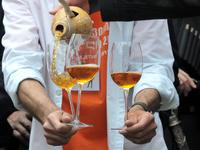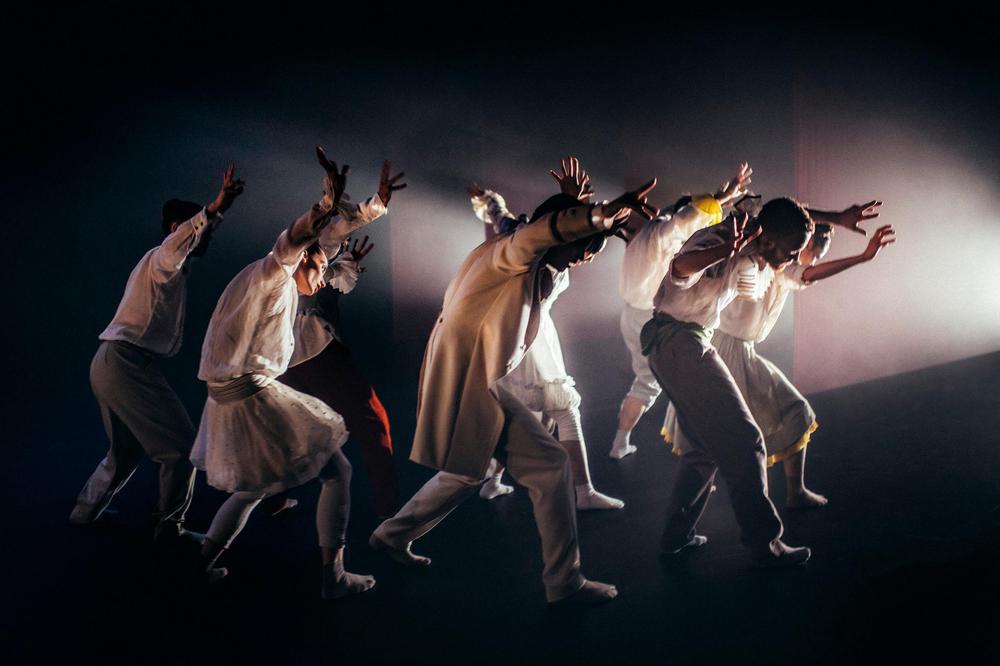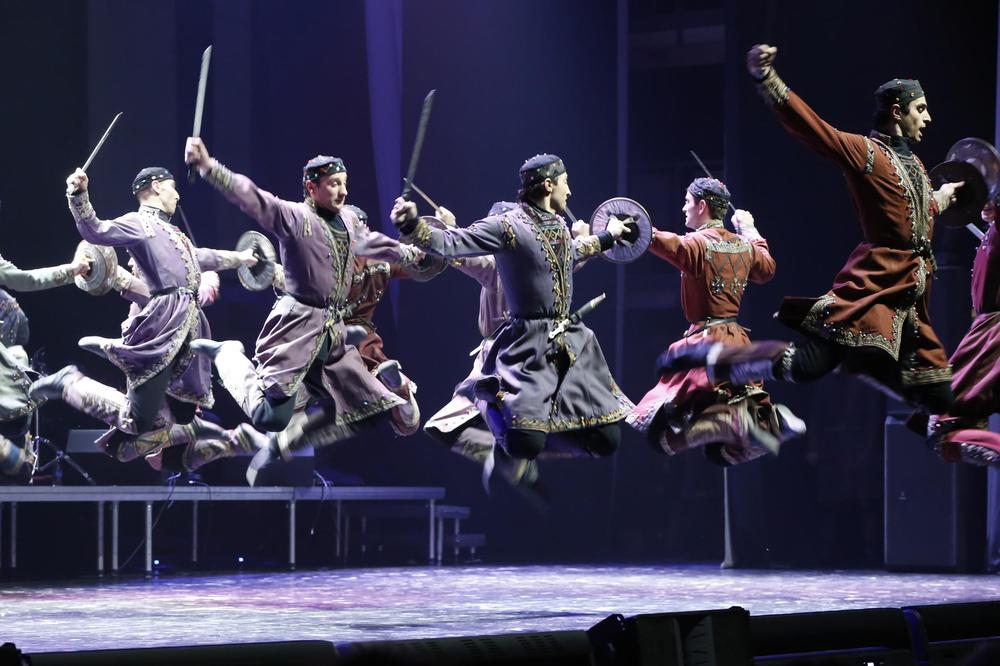Tbilisoba, an annual festival in Georgia's capital, Tbilisi, stands as a vibrant celebration of the city's rich history and cultural diversity. Since its inception in 1979, the festival has grown into a significant event, embodying the spirit of Tbilisi and attracting locals and tourists alike.
Historical Context
Initiated on October 28, 1979, by Eduard Shevardnadze, the then First Secretary of the Georgian Soviet Socialist Republic, Tbilisoba was aimed at reinforcing the city's identity. It served as a counterbalance to religious gatherings, promoting socialist traditions. However, it inadvertently strengthened Georgian nationalism, fostering a deeper connection with the nation's history.
Celebratory Activities
Tbilisoba is characterized by its diverse range of activities. Each year, the festival includes open-air concerts, traditional music and dance, and a variety of cultural events. The historical part of the city, Old Tbilisi, becomes the epicenter of these celebrations, drawing in crowds with its colorful array of offerings.
The Festival Today
In recent years, Tbilisoba's program has expanded to include children’s concerts, sports activities, and entrepreneurial markets. Key locations like Rike Park, Orbeliani Square, and Abanotubani buzz with energy, hosting events ranging from gastronomic and wine festivals to musical performances.
Honorary Citizenship
A unique feature of Tbilisoba is the conferring of Honorary Citizen status. This prestigious recognition is awarded to individuals from diverse fields, acknowledging their contributions to Tbilisi's culture and society.
Tbilisoba's Cultural Impact
Tbilisoba not only celebrates Tbilisi's past but also its present, mirroring the city's evolution over its 1,500-year history. The festival has become a cornerstone of Tbilisi's cultural identity, showcasing the city's traditions, cuisine, and artistic heritage.
The Fabric of Tbilisoba: Events and Attractions
Tbilisoba, a festival steeped in tradition and modernity, offers a plethora of events that cater to all ages and interests. The festival's program includes children's concerts, sports activities, and musical performances, embodying the city's vibrant cultural scene. Each year, Rike Park, Orbeliani Square, and Abanotubani transform into hubs of festivity, featuring diverse attractions.
Culinary and Artistic Showcase
A key highlight of Tbilisoba is the celebration of Georgian cuisine and winemaking. Gastronomic festivals offer a taste of local delicacies like khinkali and churchkhela, accompanied by an array of Georgian wines. The festival also serves as a platform for local artisans to display their crafts, adding a touch of artistic flair to the event.
Symbolic Venues and Their Significance
Each venue within Tbilisoba holds special significance. Rike Park, known for its modern architecture, contrasts with the historical ambiance of Old Tbilisi, offering a blend of the new and the old. Orbeliani Square and Abanotubani, with their historical significance, provide a backdrop that reflects Tbilisi's rich history.
The Impact on Community and Tourism
Tbilisoba plays a pivotal role in strengthening the community spirit of Tbilisi. It's a time when locals unite to celebrate their heritage, welcoming visitors to partake in the festivities. For tourists, the festival offers an immersive experience into Georgian culture, making it a significant contributor to the city's tourism industry.
Sustainability and Future Directions
In recent years, there has been a focus on sustainable practices within the festival, ensuring that Tbilisoba continues to be an event that respects the environment while celebrating cultural heritage. Looking ahead, Tbilisoba is poised to evolve, integrating modern elements while preserving the traditional core that makes it unique.
Conclusion: A Testament to Tbilisi's Spirit
Tbilisoba is not merely a festival; it is a testament to the enduring spirit of Tbilisi and its people. It continues to be a beacon of cultural pride, showcasing the city's ability to embrace its past while looking towards the future.

 Festivals and Events
Festivals and Events
 Batumoba
Batumoba
 New Wine Festival
New Wine Festival
 Cheese Festival in Georgia
Cheese Festival in Georgia
 Art-Gene Folk Festival
Art-Gene Folk Festival
 Tbilisi Jazz Festival
Tbilisi Jazz Festival
 Black Sea Jazz Festival
Black Sea Jazz Festival
 GIFT Festival
GIFT Festival
 TOFUZI Festival
TOFUZI Festival




